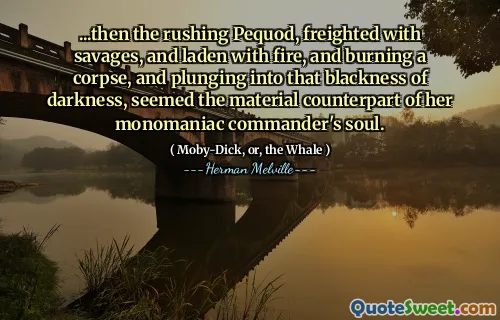Had she believed all that? Old Pilar's folklore? No, not really; or not exactly. Most likely Pilar hadn't quite believed it either, but it was a reassuring story: that the dead were not entirely dead but were alive in a different way; a paler way admittedly, and somewhat darker. But still able to send messages, if only such messages could be recognized and deciphered. People need such stories, Pilar said once, because however dark, a darkness with voices in it is better than a silent void.
In the story, Old Pilar's folklore presents a comforting idea that the dead continue to exist in some manner, despite being in a different state. While the belief isn't wholeheartedly embraced, it serves a psychological purpose, allowing individuals to find solace in the notion that communication with the deceased is still possible, albeit subtly. This thinking reflects a deeper human need for connection and understanding, even in the face of death.
Pilar argues that having such narratives is essential, as they provide a sense of hope. A reality filled with the voices and messages from the beyond, no matter how dim, is preferred over an empty silence. This perspective emphasizes the value of stories in coping with uncertainty and loss, suggesting that even the acknowledgment of darkness can yield a form of comfort and continuity.
